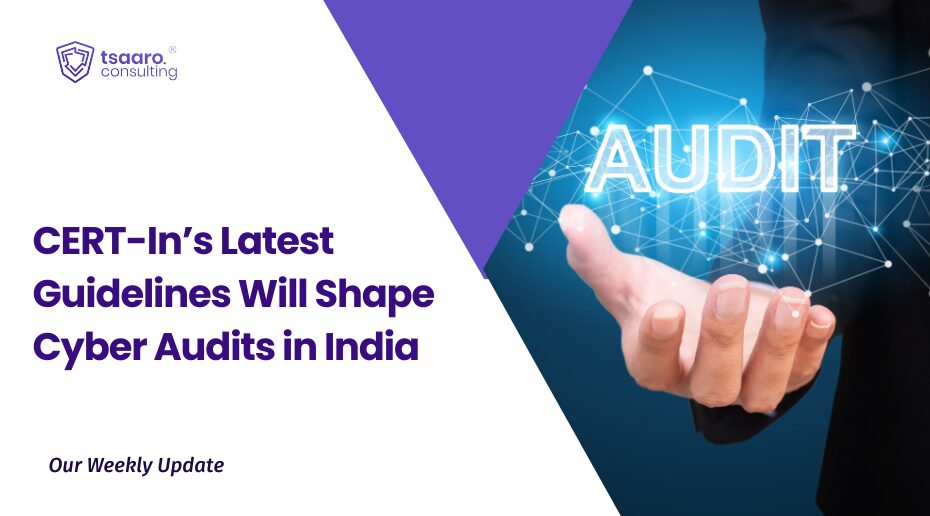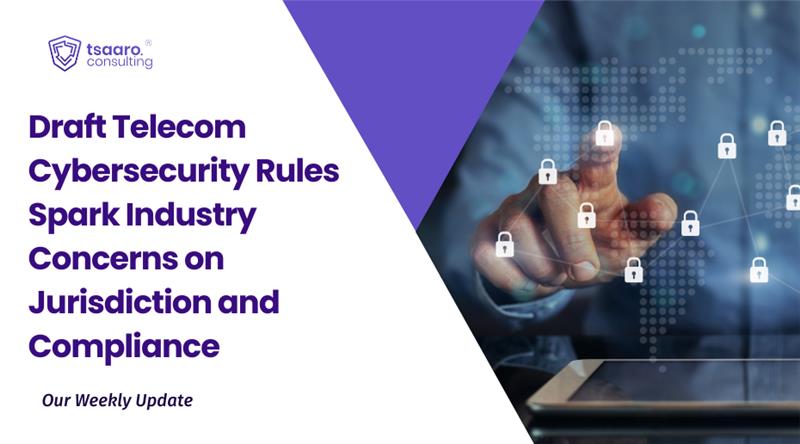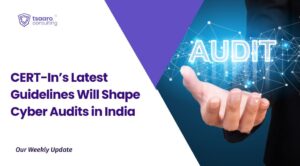Introduction
In 2014, the Court of Justice of the European Union (CJEU), in the case of Google Spain SL, Google Inc. v. Agencia Española de Protección de Datos, Mario Costeja González, C-131/12 (Costeja case), ruled that “Right to be Forgotten” is a human right. The Right to be Forgotten appears in Recitals 65 and 66 and in Article 17 of the GDPR. It states, “The data subject shall have the right to obtain from the controller the erasure of personal data concerning him or her without undue delay and the controller shall have the obligation to erase personal data without undue delay.” However, this right is not an absolute one. Article 17(3) of the GDPR outlines exceptions to the “Right to be Forgotten.” It states that personal data erasure may not be required if processing is necessary for complying with a legal obligation, performing a task in the public interest, or exercising official authority, as long as these actions are based on legitimate legal grounds. Essentially, it balances the individual’s right to exercise autonomy over their data with broader societal interests. Even in the landmark case of Justice K. S. Puttaswamy (Retd.) v. Union of India, 2017 (10) SCC 1, Justice Sanjay Kishan Kaul noted that this right “does not mean that all aspects of earlier existence are to be obliterated… It would only mean that an individual who is no longer desirous of his personal data to be processed or stored should be able to remove it from the system where the personal data/information is no longer necessary, relevant, or is incorrect and serves no legitimate interest.”
Thus, the Right to be Forgotten, while being an essential component of the Right to Privacy, is not a right that can be exercised without restraints.
India’s privacy law, the Digital Personal Data Protection Act, 2023 (DPDP Act), does not explicitly mention the Right to be Forgotten, however, the Right to Erasure has been granted to the Data Principals by virtue of this Act, subject to certain restrictions.
In the absence of an absolute Right to be Forgotten, the Constitutional Courts in the country have led to the issue of different interpretations of the applicability of this Right in India. For instance, the Gujarat High Court in the case of Dharamraj Bhanushankar Dave v. State of Gujarat, denied relief to a man seeking to remove details of his acquittal in a murder and kidnapping case, arguing that it had come up during background checks while he was applying for an Australian visa, noting that orders can remain on the public domain. The Delhi High Court, on the other hand, in the recent case of Jorawer Singh Mundy v. Union of India, 2021 SCC OnLine Del 2306, allowed taking down details of case where the petitioner was acquitted citing, “The irreparable prejudice which may be caused to the Petitioner, his social life and his career prospects.”
The Supreme Court has decided to determine the contours of the Right to be Forgotten in the case of IKanoon Software Development Pvt. Ltd. v. Karthick Theodore, SLP(C) No. 15311/2024. This was decided by a bench consisting of Chief Justice D.Y. Chandrachud, Justice J.B. Pardiwala and Justice Manoj Misra, which was hearing a challenge to a judgement passed by a division bench of the Madras High Court. The judgement ordered the redaction of an order from internet sources. The order was related to the acquittal of a person in a criminal case. The Supreme Court noted that in light of contradictory judgements from various High Courts and the need to balance the collection and display of public information and a person’s right to data protection, there exists a question of law which must be settled.
Background and Facts of the Case
Before being challenged in the Supreme Court, the division bench of the Madras Court consisting of Justice Anita Sumanth and Justice R. Vijayakumar, in the matter of Karthick Theodore v. Registrar General, W.A.(MD) No.1901 of 2021, overruled a single judge bench judgement (Karthick Theodore v. Registrar General, 2021 SCC OnLine Mad 2755) wherein the petitioner was denied relief. The petitioner in the present case was a man who was acquitted of charges of sexual assault and was pleading that the copy of that judgement on Indian Kanoon (a free search engine for Indian case laws) should be removed since the presence of such a judgment violates his Right to Privacy as guaranteed under Article 21 and could create stereotypical ideas among the readers causing harm to his reputation. He contended that his Australian citizenship was cancelled due to the judgement being present online. He approached the single judge bench of Madras High Court by filing a writ petition, however, relief was denied to him by the Court which noted that there was no such legislation that provides for the Right to be Forgotten. He then appealed this decision before the Division bench which held that the Court cannot allow injustice due to lack of legislative measures and the concept of open courts/open justice should be balanced with a person’s right to privacy. The Division bench thus ruled in favour of the petitioner and directed Indian Kanoon to take down the judgement, while ordering the Madras High Court registry that his name and other personal details should be redacted in the uploaded and published version of his acquittal judgement.
Indian Kanoon then challenged this judgement rendered by the Division Bench of the Madras High Court in the Supreme Court. It has argued that Indian Kanoon removes sensitive information in matters like custody disputes, domestic disputes, cases related to the Protection of Children from Sexual Offences Act, 2012 (POCSO) and whenever there is a statutory obligation to do so or whenever a direction is given by a Court before whom proceedings are pending. It then went on to state that this situation is different, since this is a case of Right to Erasure being exercised when there is none.
The Supreme Court noted that there is a question of law which needs to be settled. It also stayed the impugned judgement of the High Court.
Analysis
The Chief Justice verbally remarked that judgments rendered are a part of public record. This can be considered to be in consonance with the idea that the Right to be Forgotten is not guaranteed in every situation. However, it will be interesting to see the ruling of the Hon’ble Supreme Court in this case. In this landmark ruling the Supreme Court will lay down whether this right can be enforced, and what will be the contours of its practice.
Conclusion
The Right to be Forgotten remains a complex issue in India, with the need for accountability, transparency, and free flow of information being balanced with the privacy of individuals. The Supreme Court’s forthcoming decision is expected to provide crucial clarity when it comes to the right to erasure being exercised over public records, such as court proceedings. This ruling will determine the extent of Right to be Forgotten in India and outline the conditions under which it can be applied. The decision will have significant implications for balancing the public’s right to access information with individuals’ rights to privacy and reputation. It is a pivotal moment for India’s privacy law, potentially setting a precedent for future cases and shaping the landscape of digital privacy rights in the country.












